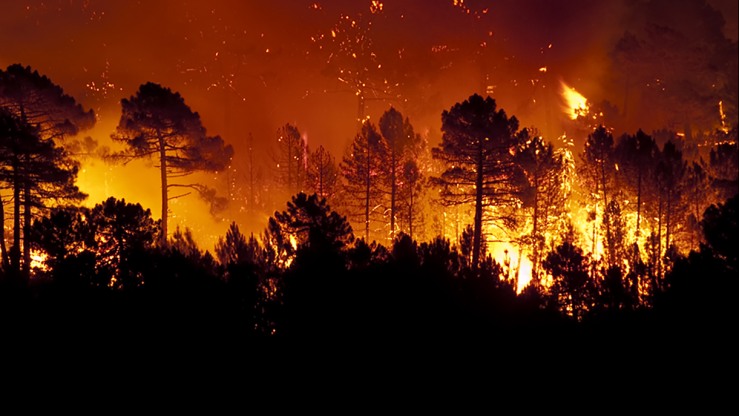A new study published in the journal Nature has found that climate change is making wildfires more common and more severe. The study, which was conducted by researchers at the University of California, Berkeley, found that the number of wildfires in the United States has increased by 25% since 1984. The study also found that the average size of wildfires has increased by 50% over the same period.
The study's authors say that the increase in wildfires is due to a number of factors, including warmer temperatures, drier conditions, and an increase in the number of dead and dying trees. They say that climate change is playing a major role in all of these factors.
"Climate change is making wildfires more likely, more intense, and more destructive," said study co-author Park Williams. "We need to take action to reduce greenhouse gas emissions and adapt to the impacts of climate change, or we will see even more devastating wildfires in the future."
The study's findings come at a time when the United States is facing a growing wildfire crisis. In 2022, wildfires burned more than 10 million acres across the country, destroying thousands of homes and businesses. The wildfires also caused billions of dollars in damage.
The study's authors say that the increase in wildfires is a major threat to public health and safety, as well as to the environment. They say that we need to take action to reduce greenhouse gas emissions and adapt to the impacts of climate change, or we will see even more devastating wildfires in the future.
What Can We Do to Reduce Wildfire Risk?
There are a number of things that we can do to reduce wildfire risk. These include:
- Reducing our reliance on fossil fuels and
transitioning to clean energy sources.
- Increasing forest management practices,
such as thinning and prescribed burns.
- Building homes and businesses that are
more fire-resistant.
- Creating defensible space around our
homes and businesses.
- Being prepared for wildfires, including having a plan for evacuation.
We can all play a role in reducing wildfire risk. By taking action to reduce greenhouse gas emissions, we can help to slow the pace of climate change and make wildfires less likely. We can also support policies that promote forest management and fire safety. By working together, we can make our communities safer and more resilient to wildfires.

Comments
Post a Comment